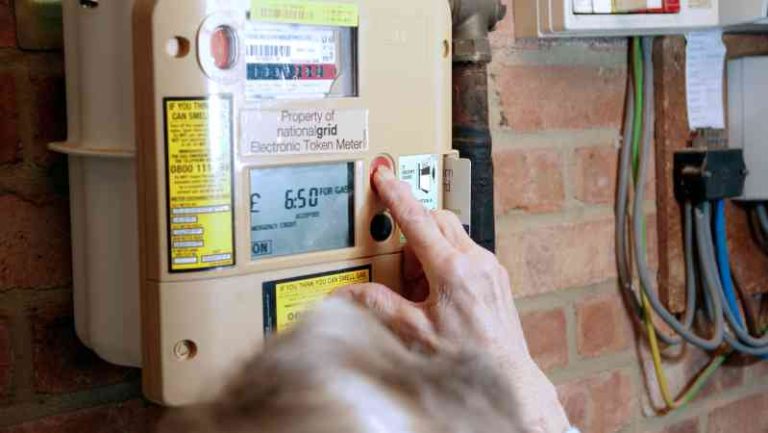Too late to fix? Firms face October cliff edge for energy bills
Businesses across the UK face a “cliff edge” on October 1 as suppliers are refusing to renew their fixed-rate energy contracts, leaving them on expensive and unpredictable floating tariffs.
Other companies have been asked for deposits of hundreds of thousands of pounds, or even millions, to secure a deal.
About 70 per cent of firms renew their fixed-term deals in October as a legacy of energy privatisation, but the brokers that negotiate the contracts said small and medium-sized businesses were failing to secure new fixed offers. Part of the problem is that credit insurers are refusing to cover energy firms’ business clients, making it too risky to offer them long-term deals.
“Most of the renewals are in October, so you’ve got this cliff edge,” said Shaun McClarnon, managing director of the consultancy Brownlow Utilities.
“We’re seeing vast increases in electricity and gas prices, and suppliers are being a lot tighter on credit because of that.”
“The number of open contracts that haven’t been sorted is absolutely unprecedented,” said Liam Conway, head of sales at broker Control Energy Costs.
Energy suppliers rely on credit insurance in case customers default on their bills. But Conway reported that nearly 70 per cent of his clients had been denied credit by their energy suppliers, leaving them with little option but to fall onto a default tariff, which tends to be more expensive and volatile, making it hard for them to plan ahead.
Other suppliers are asking for hefty upfront deposits for contracts, Conway added. “Businesses are getting a double whammy,” he explained. “You’ve got a highly inflated market that you’re struggling to get a contract in — and for some people to get a contract, they’ve got to stump up, in most cases, hundreds of thousands if not millions of pounds.”
Surging energy prices have made big suppliers wary of the commercial market, where users require far more electricity and gas than individual households, leaving suppliers exposed to greater risk resulting from price fluctuations and a bigger impact from defaults.
Last week, EDF temporarily stopped taking on new business customers and introduced restrictions on the terms it would offer to existing customers, blaming “market volatility”. It said it hoped to unwind these restrictions tomorrow.
Eon said it had been forced to pause new contracts for “limited periods”, but had “not made a definitive decision to cease all renewal activity”.
Last month, it was reported that British Gas owner Centrica was ditching some of its larger business customers.
Robin Brown, managing director of Yorkin Associates, a Northamptonshire-based manufacturer of plastic components, said he was worried he would not be able to fix his energy tariff. “I don’t know what to quote my customers because I don’t know what my energy costs are going to be,” he said. “Prices shouldn’t be escalating like this — it’s just wrong.”






